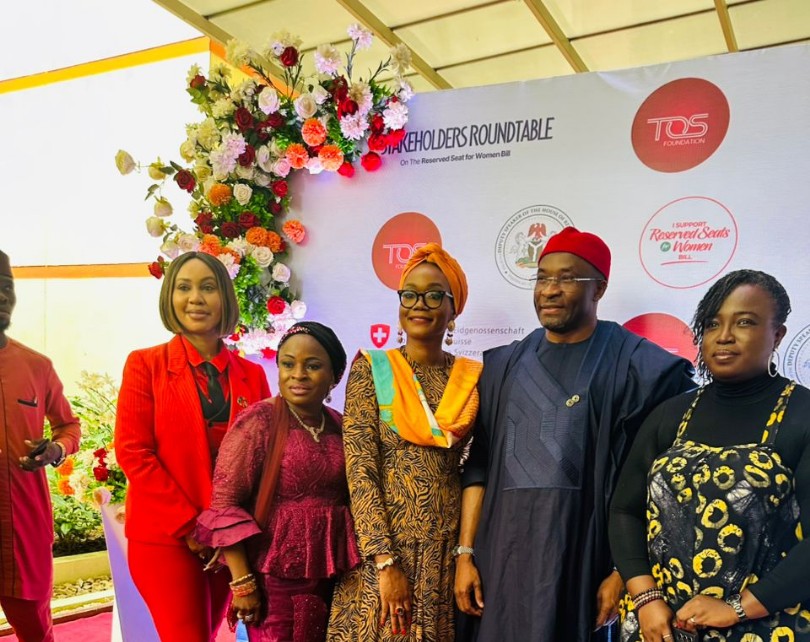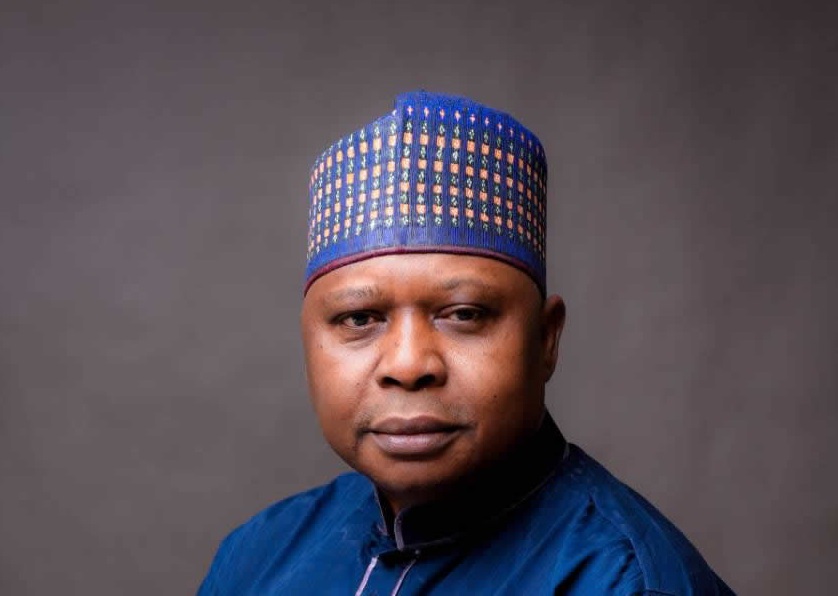As the House of Representatives Committee on Constitution Review advances discussions on the proposed amendment to reserve seats for women in Nigeria’s National and State Assemblies, a crucial moment is unfolding in the country’s democratic journey. This proposed bill is not merely a gender issue; it is a nation-building strategy grounded in constitutional law, democratic equity, and the urgent need for inclusive governance.
Legal Framework and Constitutional Backing
The proposed bill complies with Section 9 of the 1999 Constitution (as amended), which governs constitutional alterations. It seeks to amend Sections 48, 49, 71, 77, 91, and 117, all vital to legislative structure, constituency delineation, and election processes. These changes, while transformative, remain within the bounds of Nigeria’s constitutional logic.
Critically, the bill introduces temporary seat reservations for women. This is a smart legal approach: by avoiding permanence, it respects Section 42 on freedom from discrimination, making the provision a legitimate affirmative action rather than a special privilege. The bill also includes a review clause, ensuring adaptability as democratic and gender realities evolve.
Though the proposal is self-executing, there is a need for implementation clarity. The Independent National Electoral Commission (INEC) will require clear regulatory guidelines to carve out these constituencies and ensure electoral integrity. Additionally, the bill must overcome the political hurdle of securing two-thirds approval in both chambers and in at least 24 State Houses of Assembly, a challenge that necessitates robust national advocacy.
The Case for Advocacy: Bridging a Democratic Gap
Women make up over 49% of Nigeria’s population but occupy less than 6% of elective positions. This vast disparity highlights the structural exclusion women have faced in public governance. The bill is a necessary corrective, not a concession, but a constitutional mechanism to repair a broken balance.
It aligns with Nigeria’s global and regional commitments, including the Convention on the Elimination of All Forms of Discrimination Against Women (CEDAW), the Beijing Declaration and Platform for Action, the African Union Gender Policy, and the Sustainable Development Goals, particularly Goal 5 on Gender Equality.
Framing the bill correctly is essential. It is not a favour to women, but a historical redress. It is not permanent, but a strategic, time-bound intervention. It is not a threat to men, but a gain for inclusive governance.
Strategic Actions Going Forward
To ensure its success, the following steps are essential: Bipartisan support must be cultivated across party lines and regions, enlisting both male and female lawmakers. INEC and the Ministry of Women Affairs should be engaged early to design practical implementation frameworks. Civil society and the media must humanise the bill through storytelling, showcasing the impact of past and present female legislators. State-level advocacy is crucial. Grassroots engagement with local lawmakers can tip the scales toward constitutional adoption.
Conclusion: A Defining Test for Nigerian Democracy
This bill represents one of the boldest and most necessary interventions in Nigeria’s democratic development. It is legally sound, morally justified, and democratically essential. If passed, it would signal a generational shift, affirming that Nigeria is ready to tap into the full potential of its people, not just half of them.
The question is not whether Nigeria can afford to pass this bill. The real question is: can it afford not to?
Lawrence, a journalist and public affairs analyst, writes from Abuja






